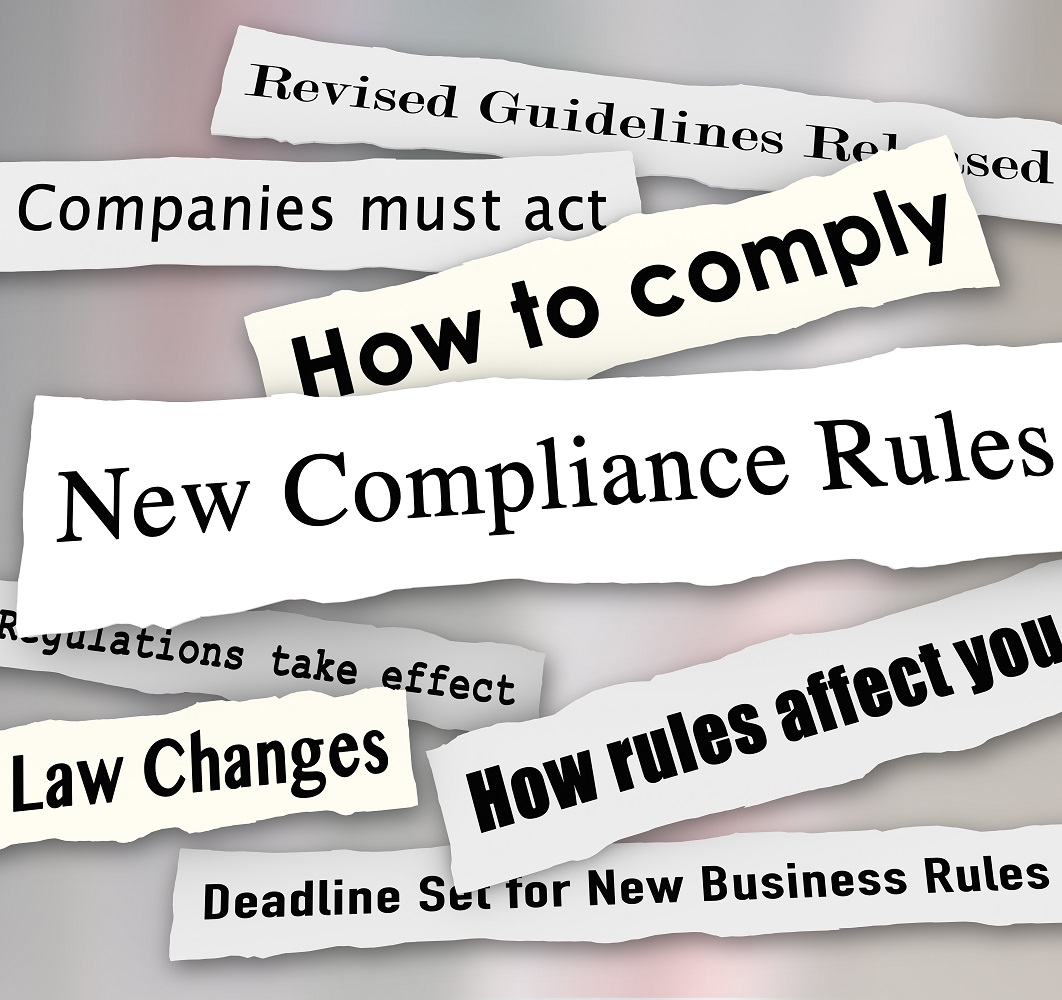
Fiduciary duties arise from either statutory law, case law or contractual relationships, and exist in a variety of contexts and relationships. A fiduciary duty creates a relationship of trust and fair dealing, and entails the overriding obligation to act in the best interests of another person. In substantiating a case for the breach of a fiduciary duty, a plaintiff must establish the existence of a fiduciary relationship and how a violation of the duty emerged from the special relationship created between the fiduciary and the other party.
The breach of a fiduciary duty is rooted in traditional principles of tort law and requires the following elements: duty, breach, causation and damages. Defining the duty owed by the fiduciary and the nature of the relationship through which this duty arises is a critical step in determining a violation of this obligation. Fiduciary duties encompass, among others, a duty of care, duty of loyalty, duty of good faith, and a duty of confidentiality. These duties generally arise in certain well-defined legal relationships and situations including the following:
Corporations and partnerships. Corporate officers and directors owe fiduciary duties – namely, a duty of care and loyalty, and sometimes a duty of good faith and fair dealing – to the corporation and its shareholders. These duties are enumerated by state law and generally require that corporate directors conduct themselves in good faith with the level of care that a prudent person might exercise in analogous circumstances. The actions of the corporate directors are not evaluated according to their correctness or the outcome of the business decisions, and are not voidable automatically because a conflict of interest is believed to exist. Similarly, partners in a partnership owe fiduciary duties to one another and to the business in accordance with applicable legislation.
Agency relationships. Fiduciary duties arise in agency relationships that entail one party’s consent that another party act on its behalf and be subject to his control. Agency is the basis for certain relationships, such as attorney/client or broker/customers, and presume the existence of a duty of loyalty, disclosure and faithfulness to principals.
Trustees. Trustees who are charged with the responsibility of administering a trust have specific obligations that emerge from the general duty of care and loyalty. These include the duties to conduct the business of the trust solely in the interests of the beneficiaries, to take reasonable actions to preserve trust assets and to fully disclose material information when handling their own accounts.
Contact Shane Coons at 949-333-0900 or visit his website at www.ShaneCoonsLaw.com to find out more about his practice.
